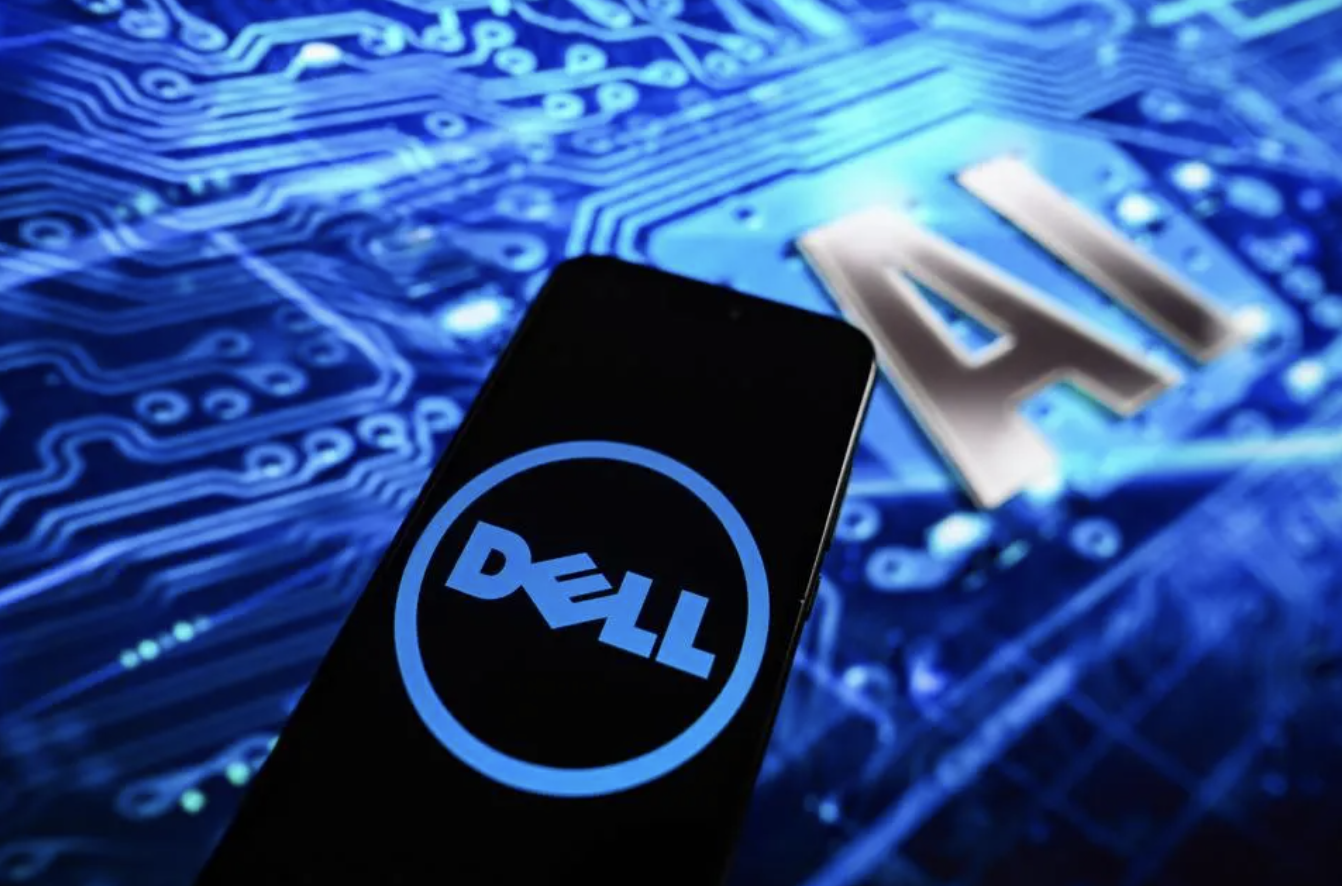
Dell Technologies has introduced a new suite of solutions aimed at guiding customers through the complex landscape of generative AI. This announcement builds upon the initial unveiling of Project Helix in May, which marked a significant collaboration with Nvidia. Within the Dell Generative AI solutions portfolio, the company is unveiling newly validated designs in partnership with Nvidia. These designs are specifically tailored to assist enterprises in effectively deploying AI workloads on-premises for production purposes.
Additionally, this update encompasses a range of professional services designed to assist enterprises in identifying the optimal ways to leverage generative AI for their business objectives. Another key aspect of this update is the introduction of new Dell Precision workstations, strategically designed for data scientists. These workstations are equipped with the necessary capabilities to facilitate the development of AI-powered applications powered by generative AI technology.
According to a recent survey conducted by Dell among global decision-makers, a noteworthy 91% of respondents reported already incorporating generative AI into their lives in some capacity, with 71% specifically utilizing it for work-related tasks. Varun Chhabra, Senior Vice President of Dell Infrastructure Solution Group (ISG), highlighted these findings during a press conference, emphasizing the growing urgency among organizations of all sizes, industries, and regions to embrace and apply generative AI for business benefits.
Furthermore, it’s important to note that the infrastructure and services offered within the Dell Generative AI solutions portfolio are the result of a collaborative effort between Dell and Nvidia. Chhabra clarified that the Dell Validated Design for Generative AI with Nvidia represents the realization of Project Helix, initially announced at Dell Technologies World in May. However, it’s important to mention that this initial release is focused primarily on inferencing use cases and is not a comprehensive offering encompassing all AI applications.

Conversations with enterprise clients have underscored the pressing demand for AI solutions, as stated by Chhabra. He observed that organizations are keen on understanding how they can leverage existing generative AI models, whether they have built them from the ground up or fine-tuned them with their proprietary data, to scale and integrate them into their operational workflows. This is precisely why the Dell/Nvidia design primarily emphasizes inferencing.
The Nvidia component of this offering incorporates Nvidia’s Nemo framework, which offers a variety of data models tailored for diverse use cases and industries. An integral part of this approach is the Nvidia Triton Inferencing Server, which plays a crucial role in furnishing inferencing capabilities for pre-existing AI models. Furthermore, Nvidia GPUs form an integral part of the hardware infrastructure that seamlessly integrates with Dell servers and infrastructure management functionalities.
Dell envisions multiple applications for generative AI services, including software development, content creation, chatbots, and virtual assistants.
Chhabra explained, “With the Dell Validated Design for Generative AI in collaboration with Nvidia, with a particular focus on inferencing, customers can commence their journey with a pre-established foundation. This eliminates the need for them to invest substantial time and resources in creating their solutions, conducting trials with different infrastructures, and learning the intricacies of configuration. Consequently, this significantly shortens their time-to-market.”
However, beyond the realms of hardware and software, there is a growing need for education and professional services to facilitate the adoption of generative AI technologies.
Chhabra pointed out that enterprises often find themselves at various stages of understanding and integrating generative AI. In the initial stages, organizations require assistance in defining a vision for the application of generative AI that aligns seamlessly with their operational processes. Dell now offers professional services to aid in this initial phase, which may include workshops designed for internal stakeholders to craft a clear generative AI vision and identify initial implementation areas.
For organizations that have already formulated a generative AI strategy in line with their business goals, the next step often involves the practical implementation of these services. In this regard, Dell provides professional services geared toward implementing and deploying validated designs for inferencing. Finally, for organizations that have progressed further along this journey, Dell offers services to facilitate the expansion of generative AI to meet burgeoning demands.
Looking ahead, Chhabra emphasized that these new solutions are only the beginning, with a primary focus on inferencing. Dell has ambitious plans for the future, intending to roll out more innovations to further assist its customers in the realm of generative AI solutions.
“In essence, this is just the initial phase of what we believe will be an extensive journey in supporting our customers with generative AI solutions,” he concluded.
